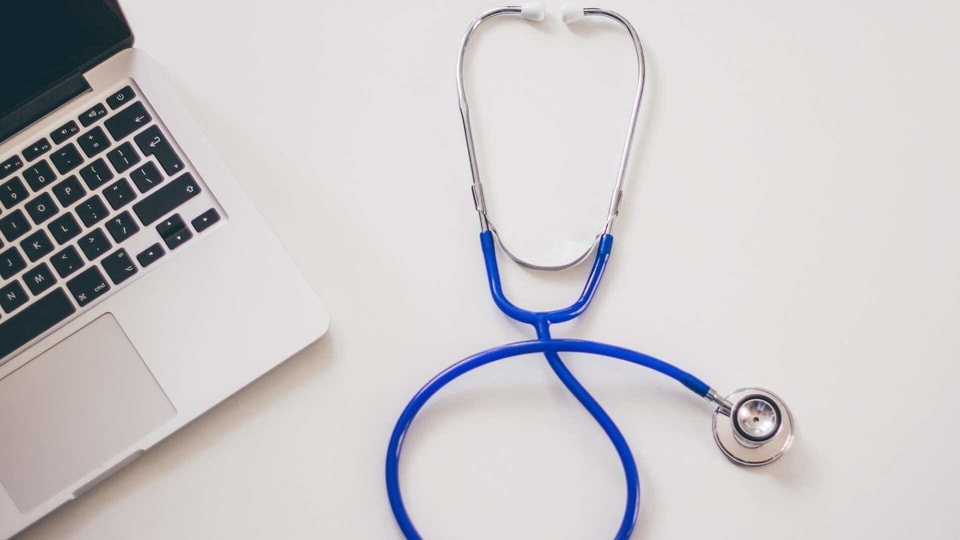This startup uses AI to offer a smart diabetes management system
BeatO is a platform that uses cutting edge technologies such as AI to provide health insights.

New Delhi-based Health Arx Technologies Pvt. Ltd is one of many companies that is working to implement cutting-edge technology in the healthcare space. This includes a deeper integration of Artificial Intelligence (AI) into its existing offerings.
The four-year-old company offers BeatO, a diabetes management system which provides insights on managing the disease. The system is available to users through a mobile application and a DIY kit. The company is making the system smarter by powering it through AI. Backing the system is an ecosystem which is a combination of app, web solutions, and micro-API based architecture.
The company claims the ecosystem identifies and absorbs 30 and more data point for our 200,000 users on a day to day basis, including data from IoT bases disease monitoring hardware, health data, sleep data and more. The ecosystem is managed by using Google healthcare cloud along with a custom build layer to derive insights.
We spoke to BeatO CTO Kunal Kinalekar and CEO Gautam Chopra to understand how Artificial Intelligence is used for a diabetes management system, potential of the tech in healthcare in general, and more. Edited excerpts.
Please explain the AI model you are using. How does it work? Is it an in-house technology?
The AI model, in BeatO, is built on inferences and correlation-based structured learning system, which uses the feedback loop to improve generated insights. BeatO's ecosystem understands and evaluates a user on the basis of 35 data points to define the condition of a user. The datapoint comprises of Blood sugar reading - gathered from our IoT based hardware, past and current medical condition, daily activity and workouts, diet, medicine intake and other such longitudinal data. These data points are fed as a training set to define the initial insights, which is improved using a feedback loop to define deviation. This, further, helps improve the model to generate more accurate insights as the dataset keeps increasing. The feedback to the model also includes insights which are shared by our team of a diabetes educator.
ALSO READ: India may soon get a home-grown platform for Artificial Intelligence
This model is developed in-house, as there is no existing predefined architecture or specified norms to evaluate the amount of data and the correlation to all the input parameters, which can help generate the next steps for our users. Hence a custom solution, which can be tweaked as per our in-depth research and understanding of the user-specific problem and the impact created by the AI-generated solution, which is reflected back in user's blood sugar readings. The AI-generated insights are monitored closely by diabetes educator team in-house, to make sure the user receives accurate next steps which will help improve his sugar levels and in extension his health.
The technology stack is fairly simple. The data is stored and taken care of by the SQL server which is layered by python scripts to fetch and python library-based services to manipulate and generate learnings from them. These systems are hosted using distributed nodes over AWS and GCP to function parallelly and be spread enough to not be impacted simultaneously in case of any unfortunate event.
ALSO READ: Basics of machine learning algorithm every product manager should know
We have heard about AI in healthcare for quite some time. Can AI predict viruses or at least its impact on mankind? Can these data be trusted as we have seen many software predictions going wrong?
The AI is as good as the data fed to the AI. It is without a doubt that the artificial intelligence will help healthcare in a way which we can't fathom at his point in time, as we can only evaluate possibilities restricted to our capability to envision a solution.
The failures of the current systems and the software predictions are due to the limited amount of data and insights fed to these systems. For the AI or even a very simple rule-based prediction engine to work, it is imperative that we start working on generating the very basic of the need, which is helping people monitor their condition as much as possible, to understand their day to day progress and impact of a certain disease. These data points can work as a training set, to begin with, and each day's progress can work as a refinement to the prediction generated by the machine.
ALSO READ: Robots took my job: Microsoft sacks journalists, replaces them with AI software
With respect to predicting viruses, I believe we are a few years away from that, but predicting the impact of the viruses that exist, is being done even with the current pandemic that we are facing. This can be seen across the world, where agencies like ICMR etc. are running simulations and modelling on the infection and its growth vs the responses and recoveries of the patients.
Do you think it is time to expand the “health-tech”? Where does India stand right now?
Covid-19 has already and will continue to certainly accelerate the adoption of technology in healthcare across the ecosystem. It is not just the consumers, but also other players of the ecosystem – insurance, pharmacy, doctors and hospitals, who are beginning to realize the importance of technology to weave the ecosystem and provide much more scalable and cost-effective reach of their services.
Traditionally, in India, we haven't seen the digital health-tech start-ups really find a lot of successes working with the traditional health ecosystem, however, things have started changing fast now.
Catch all the Latest Tech News, Mobile News, Laptop News, Gaming news, Wearables News , How To News, also keep up with us on Whatsapp channel,Twitter, Facebook, Google News, and Instagram. For our latest videos, subscribe to our YouTube channel.































